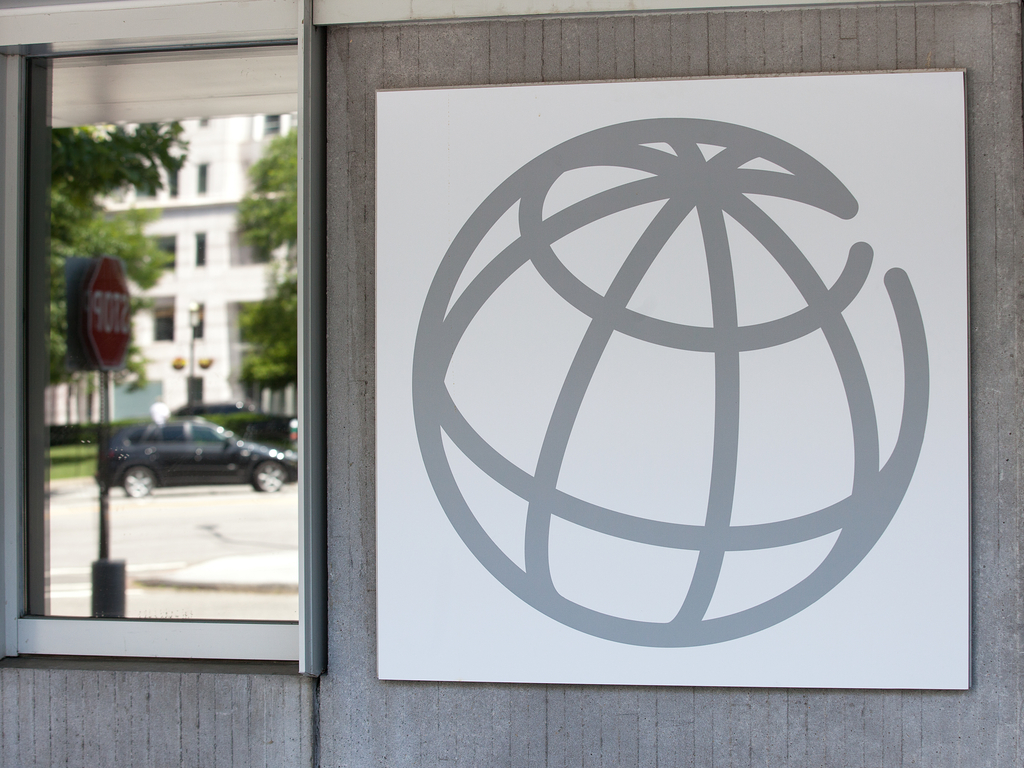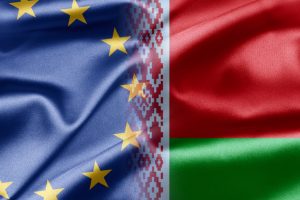The Moldovan economy will record a robust medium-term growth; yet, it will be below the level of the historical average. Moldova’s economy will increase by 3.8 per cent in 2018 and – by 3.7 per cent in 2019. The economy will be fed by the private consumption, amid a real rise in salaries and improvement of remittances. Statements to this effect were made at a news conference held at the Chisinau-based World Bank’s Office today.
“Also, the external friendly conditions will stimulate exports, but just as in 2017, the impact on behalf of exports will be negative, as once the consumption is enhanced, we will have a growth of imports, and the latter’s big weight in the Gross Domestic Product (GDP) will lead to a negative impact on GDP’s increase,” a World Bank expert, Marcel Chistruga said.
According to Chistruga, the real increase in public transfers and the announced improvement of capital expenses, with emphasis on the road sector, will back the economic advance, “especially in the 2018 electoral year.” The WB expert believes that, with the improvement of the financial sector, conditions of crediting, “we will have a more and more significant and positive influence on behalf of private investments.”
The economic growth forecast for 2018 and 2019 is under the historical average of 4.6 per cent, reads a report on the Moldovan economy’s medium-term prospects. According to the basic scenario, it is estimated that the fiscal deficits will remain, on medium-term, under the threshold of 2.5 per cent and in 2018 – at the level of 3 per cent from GDP.
The World Bank said that the appreciation of the Moldovan leu stimulated the imports, and would have, on medium term, an impact on the current account deficit, which will increase, but will not reach the level of historical averages, because of the friendly situation on foreign markets.” The inflation rate in 2018 will stand at the lower limit of the inflation target level of BNM will be of 5 plus/minus 1.5 point, as a result of the cut in the regulated prices and other factors.
The international financial institution estimates that the poverty rate, as it is measured by the World Bank at 5.5 per cent per day at the purchasing power parity, “will drop quite significantly”, by 4.6 percentage points and will record 11.7 per cent in late 2019.
As for the risks at the basic scenario of the forecast, the World Bank stressed that there are “significant internal and external risks,” which come from the structure and dimensions of the Moldovan economy, which depends on trade partners and any change in these countries “might affect the remittances and exports.” At the internal level, the challenges deal with the weather conditions on which the agricultural sector depends. Another risk comes from the transparency of the shareholders, governance in the sector, despite the carrying out of reforms in this sector. The World Bank said that it is important that “reforms are continued and the transparency is consolidated in this sector.”
WB experts said that, even if the authorities made efforts to reduce macro-economic risks, Moldova needs a quicker growth to get closer to the level of the EU countries. “For this to happen, Moldova needs deep reforms of transformation, which will create new and better jobs in the private sector and, as a result, will create room for the needs of public investments,” the World Bank’s report reads.




